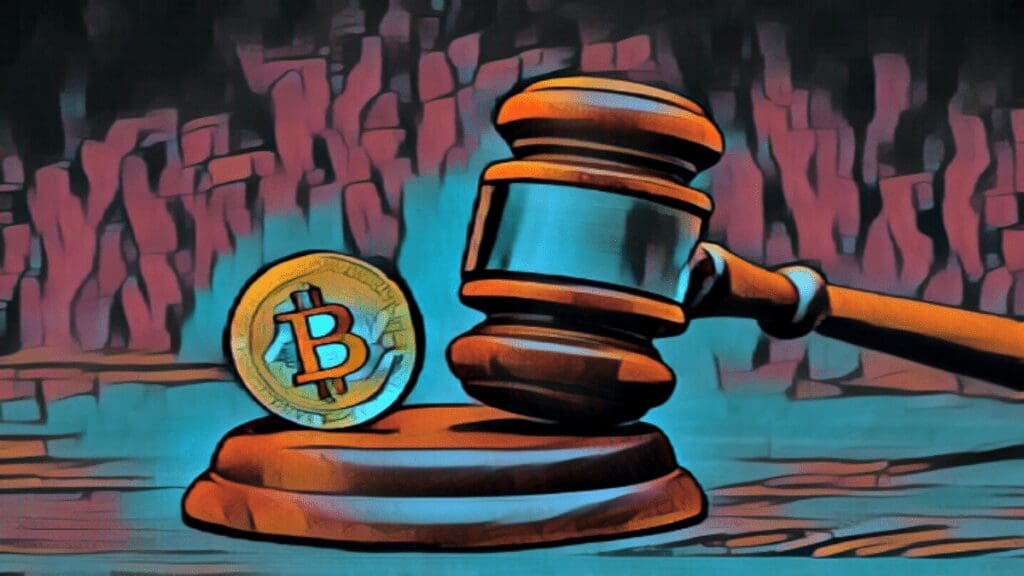Existing players will have more time to comply with the laws, while new entrants to the French market will face stricter rules.
A set of tighter regulations for cryptocurrency companies have been passed by French lawmakers, and President Emmanuel Macron now must officially sign them into law.
A set of laws from the European Union were approved by the country’s National Assembly by a vote of 109 to 71, and one amendment tighter the rules for new players wishing to enter the French cryptocurrency market.
However, the 60 companies that chose to register more quickly under the country’s current two-tier system won’t be impacted and will still have time until legislation that applies across all of Europe enters into force.
Under the country’s current system, businesses can choose to operate by registering simply with the local financial authority, L’Autorité des marchés financiers (AMF), or they can choose to seek full licensing, which involves additional disclosure.
None of the businesses with French registrations has chosen a higher level of license.
A Negotiated Settlement
Hervé Maurey, a French senator, had initially proposed imposing stricter regulations on all crypto companies operating in France, even those that were already registered.
A compromise was subsequently reached that eliminates the option of simple registration for new market entrants but permits those already in operation to continue doing so until the EU’s landmark crypto regulations are put into effect. This was met with skepticism from the industry and other Officials.
The Markets in Crypto Assets (MiCA) of the bloc may be approved as early as April of this year, but the regulations most likely won’t take effect until 2026.
By positioning itself as Europe’s cryptocurrency hub, France has been successful in attracting companies like Binance and Crypto.com to open offices there. But, the adoption of MiCA, which will harmonize cryptocurrency regulations across the European Union, could jeopardize the country’s significant investment in the sector.

